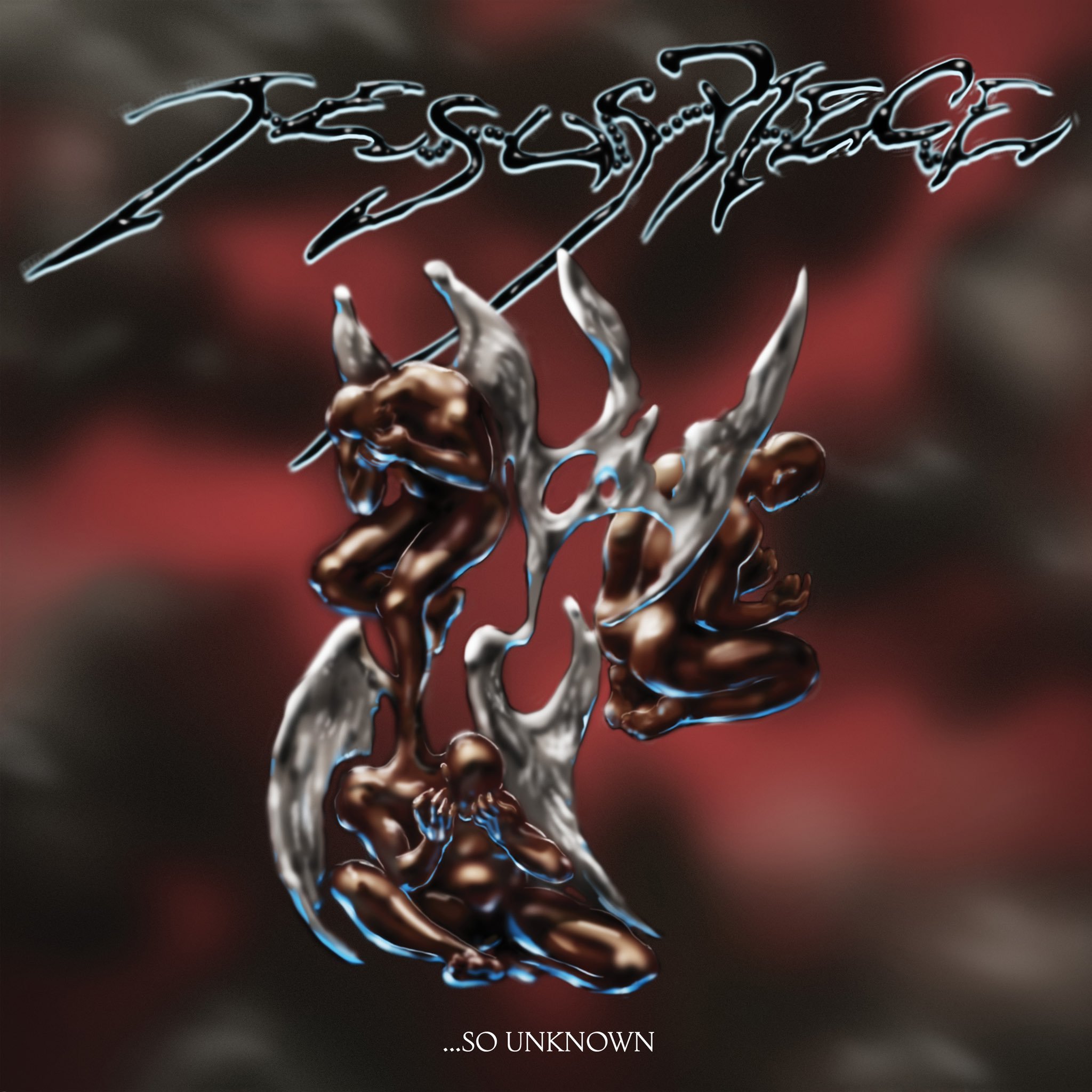Gia Margaret – Romantic Piano | Album Review
/Jagjaguwar
Every 17 years, the cicadas descend on eastern North America. More accurately, the “periodical” brood emerges in these intervals to join its cousins who appear annually. Both varieties belong to an order known as Hemiptera, or “true bugs,” that includes several of nature's more reviled creations like bed bugs and aphids. Cicadas are notable for the carcasses they shed among the trees and their distinct mating call, which lands somewhere between a chain-smoking cricket and a bullfrog sucking in a helium balloon. Safe to say, most see them as a nuisance.
Gia Margaret sees them a little differently, undergirding the meditative third track on her new album with their calls. It’s the one titled—you guessed it—“Cicadas,” and it was the first song she wrote for Romantic Piano, the one that prompted her to write an almost entirely instrumental album of piano compositions. After toiling away in the Chicago underground, working odd jobs and playing open mics, Margaret broke out in 2018 with There’s Always Glimmer, which cast the steady thrum of slowcore forbearers like The American Analog Set atop skittering electronics. While touring Glimmer, she was diagnosed with laryngitis and put on strict vocal rest; The droning synthesizer loops she played out loud in her apartment to ease her anxiety were coaxed into songs, which became 2020’s mostly instrumental Mia Gargaret. She’d intended to go back to songwriter fare for her third, but faced with a mass solitude event–and her second bout with major isolation in as many years–words failed. She returned to the piano, the instrument she’d grown up playing and mostly abandoned for guitar after dropping out of music school.
Romantic Piano plays like a walk through sun-dappled woods. At times this is actualized literally, as when the sound of twigs crunching underfoot surfaces to bookend “Ways of Seeing.” Often, however, it’s figurative, like on the searching “Juno,” where synths punctuate Margaret’s questioning piano phrasings. The way her compositions unfurl, swelling and shrinking as if by instinct, gives them a sense of childlike wonder. It’s almost psychedelic, in the same way a mushroom trip returns you to a state of innocence while rendering you aware of that regression, the melancholy of knowing that the endless possibility of your youth can be attained in adulthood, but only fleetingly. As Frank Ocean once put it: “We’ll never be those kids again.”
This is reified by Margaret’s on-record rediscovery of the instrument of her childhood. There’s a clear joy in her playing across Piano, in the way her older self can find new means of expression where a younger self once felt lost. It’s a full-circle moment: nostalgic, romantic in a classical sense, overwhelmed with the sheer beauty of existence. It’s what the poets used to call “sublime,” giving oneself over to the majesty of nature and being awed, contented. It’s a kind of transcendence, an ability to be open to the universe, like looking up at the stars and recalling that you’re simply one tiny speck.
Perhaps buoyed by this newfound openness, Margaret has also crafted her loosest record to date. Most of the songs are built off of ostinatos and layered with synthesizers and field recordings, keeping everything playful and light. She cites Erik Satie and Emahoy Tsegué-Maryam Guèbrou as influences, both of whom played and composed with some disregard for the rigidities of rhythm and meter. Whereas she’s often preferred to work mostly solo, Margaret invited collaboration: WHY?’s Yoni Wolf receives several co-mixing credits, and David Bazan contributes bass and drum programming (even earning a feature credit on “La langue de l’amitié”). There are wry compositional jokes littered throughout, such as the inclusion of a guitar-driven piece plaintively titled “Guitar Piece.” Or the thirty-second interlude of glissandos “Sitting at the Piano”—you’d be forgiven for expecting it to launch into a crackling old Frank Sinatra ballad.
But Romantic Piano’s centerpiece is the resplendent “2017,” which ties together motifs from across the album and Margaret’s whole discography. It’s a shimmering sound collage, awash in backmasked synth tones and replete with the sounds of children playing. Where most of the other pieces feel improvisational, this one sounds meticulously labored over, but still organic; and when a pulsing four-on-the-floor beat emerges at the halfway point, it sounds unlike anything else she’s ever made. It feels like the beginning and ending of a lifetime. As “2017” comes to a close, a voice intones, “I get it… that the joy is in getting real.” We’re left with the sounds of children’s laughter, a reminder to remain open to that youthful innocence for as long as we’re lucky to be alive.












